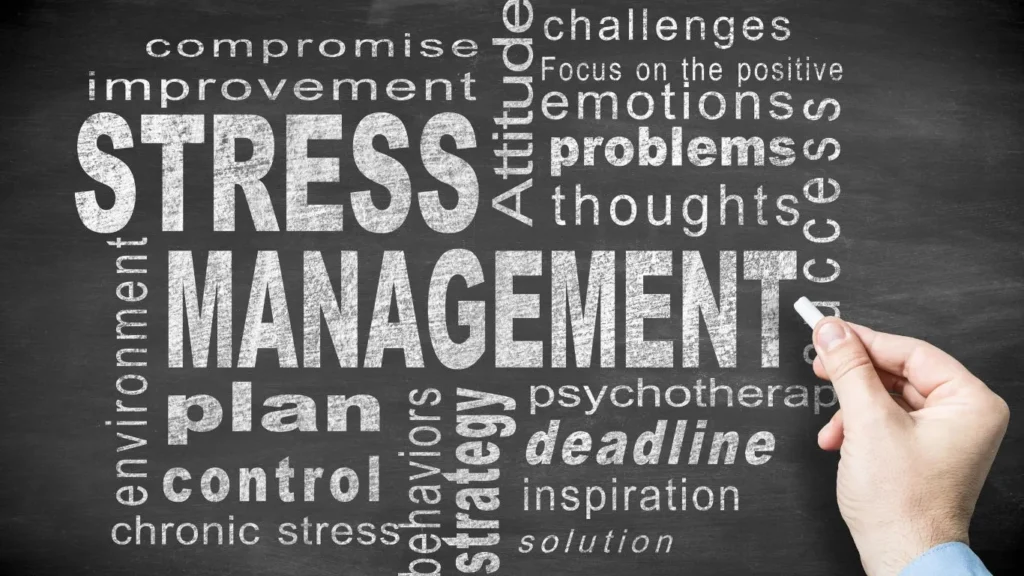In today’s fast-paced digital world, health and wellness are no longer luxuries — they are essential elements of a fulfilling, balanced life. Whether you’re a student, a working professional, or a homemaker, maintaining your physical, mental, and emotional well-being is key to living a successful and happy life.
This article explores the modern concept of health and wellness, why it matters more than ever, and how small changes in your daily routine can make a huge difference.

🌿 What Is Health & Wellness?
Health and wellness are often used together, but they have slightly different meanings:
- Health refers to the state of your body and mind — free from illness or disease.
- Wellness is a holistic approach that includes your physical fitness, mental peace, emotional stability, nutrition, relationships, and lifestyle habits.
In short:
“Health is what you are, and wellness is what you do.”
💪 1. Physical Health: Building Strength and Energy
🔹 Regular Exercise
Daily physical activity strengthens your muscles, improves circulation, and releases endorphins — the “happy hormones.”
- Go for a morning walk or jog.
- Do home workouts or yoga.
- Take the stairs instead of the elevator.
🔹 Balanced Nutrition
Your diet directly affects your energy, mood, and immunity.
- Eat more whole foods: fruits, vegetables, lean proteins, and grains.
- Limit processed foods and sugary drinks.
- Stay hydrated — drink at least 8 glasses of water a day.
🔹 Adequate Sleep
Sleep is your body’s natural healing process.
- Adults need around 7–8 hours of sleep every night.
- Maintain a consistent sleep schedule.
- Avoid screens and caffeine before bedtime.
🧠 2. Mental & Emotional Wellness: Peace of Mind in a Busy World
🔹 Mindfulness & Meditation
Practicing mindfulness helps you stay present and calm.
- Meditate for 10–15 minutes daily.
- Practice deep breathing exercises.
- Try journaling or gratitude writing.
🔹 Positive Relationships
Healthy relationships play a huge role in mental stability.
- Spend time with loved ones.
- Communicate openly.
- Surround yourself with positive, supportive people.
🔹 Seek Help When Needed
There’s no shame in asking for help. Therapists and counselors can guide you toward emotional healing and balance.
🍎 3. Nutrition & Lifestyle: Fuel for the Body and Mind
🔹 Healthy Eating Habits
- Eat smaller meals more frequently.
- Avoid skipping breakfast.
- Include nuts, seeds, and green vegetables daily.
🔹 Limit Harmful Substances
- Reduce alcohol, smoking, and junk food intake.
- Replace soda with fresh juices or herbal teas.
🔹 Stay Active Throughout the Day
- Take short breaks during work.
- Stretch every 30 minutes if you sit long hours.
- Walk after meals — it aids digestion.

🌸 4. Spiritual Wellness: Connecting with Yourself
Spiritual wellness doesn’t always mean religion — it’s about inner peace, gratitude, and purpose.
- Spend time in nature.
- Reflect on your goals and values.
- Help others and practice kindness.
A spiritually strong person often experiences greater resilience and emotional stability, even during life’s toughest moments.
⚖️ 5. Work-Life Balance: The Key to Long-Term Wellness
Modern life demands balance — between work, rest, and recreation.
- Learn to say “no” to unnecessary stress.
- Set boundaries between work and personal life.
- Take breaks and reward yourself for small wins.
Remember:
“You can’t pour from an empty cup — take care of yourself first.”
🌞 6. The Future of Health & Wellness: Technology Meets Self-Care
The rise of health technology is transforming how we care for our well-being.
- Smartwatches track heart rate, sleep, and activity.
- AI fitness apps offer customized workouts.
- Telemedicine makes health advice more accessible than ever.
Technology, when used wisely, can help us lead more informed and healthier lives.

💬 Conclusion
Health and Wellness are lifelong journeys, not short-term goals. They require consistency, self-discipline, and awareness. A few small changes — eating right, staying active, sleeping well, and practicing mindfulness — can transform your life completely.
As the saying goes:
“Take care of your body — it’s the only place you have to live.”